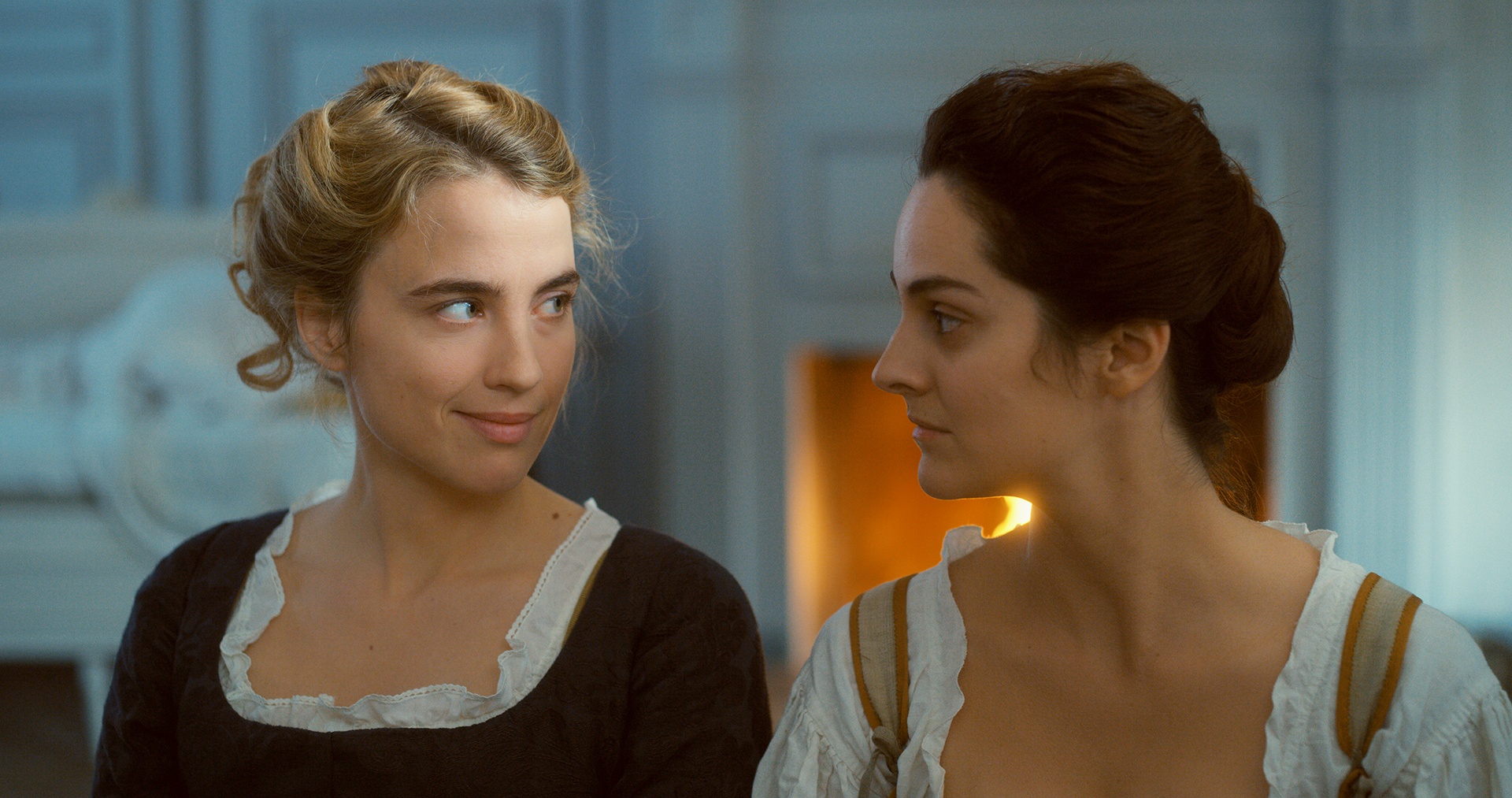A girl from rural Pennsylvania and her cousin put together some money to travel to New York so she can have the abortion her home state doesn’t give her the right to have. A sexual assault survivor exacts revenge on “nice” men who take advantage of her while dealing with her trauma. The joker and his girlfriend break up their toxic relationship and the story focuses on her and a group of ragtag women joining forces. Batman’s most popular villain doesn´t even show up. A female painter has to paint the portrait of a wealthy woman to send her husband-to-be before they are to be married, instead the two women fall in love with each other.
These are some of the most recent and acclaimed films directed by women, about women. Movies like these, Never Rarely Sometimes Always directed by Eliza Hittman, Promising Young Woman directed by Emmerald Fennell, Birds of Prey (And the Fantabulous Emancipation of one Harley Quinn) directed by Cathy Yan and Portrait of a Lady on Fire directed by Céline Sciamma are the proof that giving women a voice and creative control over projects guarantees that a wider range of stories get told, and that they get told really well.
In the post #MeToo era, we can´t ignore how some of these movies focus on a woman´s rights to her own bodily autonomy. This was a kind of narrative rare in mainstream studio films only just over a decade ago. Now, films like Hittman´s drama have a score of 100% on Rotten Tomatoes, also having just won the second most important prize at the Berlin Film Festival. In an interview with IndieWire, the director said she was inspired to make it after watching another abortion movie, 4 Months, 3 Weeks and 2 Days directed by male creative Cristian Mungiu and looking what he did wrong in terms of empathy towards women seeking abortions.
In Portrait of a Lady on Fire, Héloïse (Adèle Haenel) doesn´t have a choice over whether she gets to marry a man she has never met before. But Sciamma makes the decision to never show him onscreen. His existence is just confirmed via conversations between mother and daughter. We know just as much about him as she does, and that helps focus the attention of the audience on what really matters. Marianne (Noémie Merlant) and Héloïse are falling in love, and their relationship to women around them is what is focused on, not the guy who is threatening to take someone´s freedom away with marriage. It gives the bride to be a chance to explore her own desire over another woman in a remote island just on the edge of real life, providing her with a final fantasy fairy tale that we feel the character deserves.
Emmerald Fennell´s film is more aggressive in its approach. It seems to be 100% in support of its character´s actions as a sexual assault vigilante, who tricks potential rapists into taking her home in order to take justice into her own hands. This is a film that shines its light on what most women are well aware of by the time they reach puberty: the danger of a “nice guy” who thinks he deserves a prize for being indeed so very “nice”. It is this kind of attention to the specifics of losing or regaining the right to choose what happens to you that translates so well when these female directors are choosing what happens in front of their cameras.
The way the female body is portrayed through a male director´s eyes compared to the female gaze is very different. In Suicide Squad directed by David Ayer, Harley Quinn (Margot Robbie), a character who uses her sexuality as a weapon whenever she wants, wears tighter clothing (a shirt that says ´Daddy´s Little Monster´) and performs her sexuality for, undoubtedly, the male viewer. In contrast, in Birds of Prey Yan is not worried about Robbie´s curves in booty shorts. When she´s dancing and flirting at a club, she doesn´t sexualise her body. Harley Quinn has actually believable friendships with the other female main characters; a scene where Quinn notices Black Cannary´s (Jurnee Smollett-Bell) difficulty in fighting because of her long hair and promptly lends her a hair tie mid-battle was a simple but poignant show of solidarity between women.
But, while factual change is happening for women in the film industry, the Academy Awards couldn´t even be bothered to nominate one of the 6 female directors everyone was speculating could win an Oscar this year, and Roman Polanski, a convicted sex offender, won the biggest movie prize in France, the Cesar for Best Director. There is a constant push and pull of the fight for gender equality inside the entertainment industry, so we must celebrate what we have, but not forget what we still have to achieve.
Photo Credit: Lilies Films

